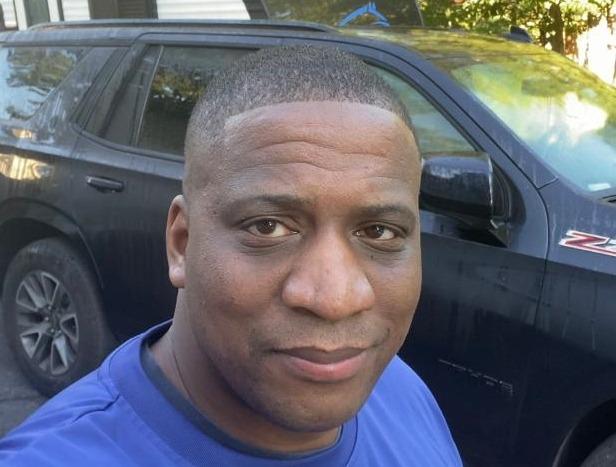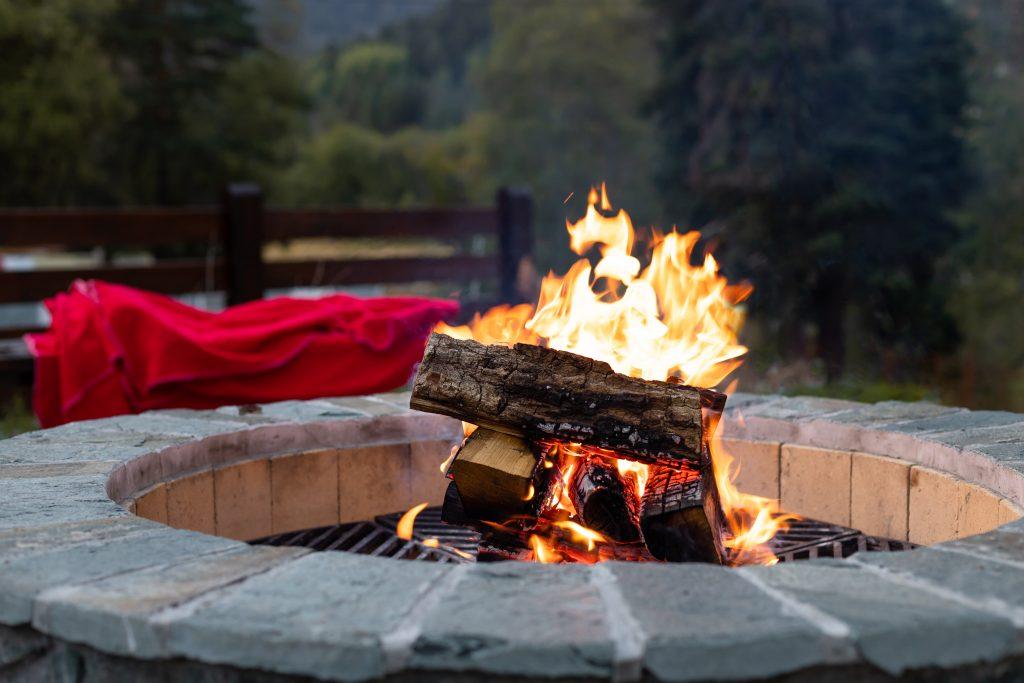5 Ways To Avoid Camping Accidents
Spending some quality camping time in the great outdoors with families, friends, and fellow outdoor enthusiasts is fun to behold.
Who doesn’t love the fresh air that wafts through the woods, the beautiful scenery, the cute and mighty animals going about their daily lives, and the calmness that the great outdoor offers?
There’s no way anyone can downplay the fun of camping outdoor. But while camping is fun, there’s no doubt that it can be extremely dangerous in the most unexpected ways possible. From wild animals to treacherous weather, camping outdoors can go from a great experience to a nightmare.
While you and your friends prepare for your camping adventure with high hopes and expectations of undiluted fun and safety, here are a few ways to avoid camping accidents and injuries for a positively memorable experience.
Table of Contents
Practice Campfire Safety
One of the most common causes of camping accidents is the campfire. While a campfire is indispensable in the overall camping experience and fun, there are ways to have it while being safe in the campfire.
Before setting your campfire site, be sure it’s at least 15 feet away from trees, tents, shrubs, and walls to avoid starting a wildfire scenario. Also, keep away anything plastic or flammable like camp tables and chairs, disposable utensils like cups, cutlery, and so on, as well as other flammable materials.
Preferably, build a designated area for your fire like a fire pit to avoid the fire spreading, and keep the fire small. You also don’t want to attract wild animals to your campsite easily.
Drive Safely
While most camping expeditions involve hiking to your campsite, some national parks have roads leading to the campsites and allow vehicles in the camping area.
If you’ll be driving to your camping destination, be sure to keep a close eye on the road for wild animals that could venture onto the road to avoid accidents. Careful and slow driving is advisable. And it’s best to observe the speed limits in such parks to avoid causing major accidents for your camping group and also wild animals.
A good tip is to familiarize yourself with the laws and rules of driving in such areas, as well as what to do in cases of accidents. You can learn more about accident laws here to guide you on what to do and how to be safe.
Be First Aid Prepared
A first aid kit can do quite a lot especially if your camping site is a bit remote and it will take a while for real medical aid to reach you.
To avoid outdoor mishaps while on your camping expedition, be sure to stock your First Aid kit with all the essential items. Consider your camping location or area and pack items that can aid in providing care for such area-related needs. For instance, if you’ll be hiking around bushwalks, items like bandages, antiseptic cream, scratch patches, and so on would be ideal to clean up cuts and scratches campers get along the way.
It’s also advisable to have someone who has First Aid training go along on the camping trip to ensure that proper First Aid is given whenever necessary.
Uphold Food Safety And Cleanliness
The first rule for camping is to bring your food and drinking water this is because not all camping sites or parks are connected to clean water sources so to avoid cases of no water or having to rely on unsafe or unclean water, taking your own is the best option.
In the case of food, depending on food from the wild is not a safe option either, and to avoid cases of food poisoning store your food in air-tight containers, and in cases where the food needs to be cold, a cold cooler with enough packs of ice would help to keep everything chilled until when needed.
Lastly, avoid food exposure of any kind. Cover water bottle lids, plates, and food packs, to avoid insects or animals perching on them, or coming near them. This could lead to contamination and in severe cases poisoning.
Be Weather Ready
Cases of sunstroke or heat stroke accidents are quite common during camping, and to avoid being another number in the statistics of victims, a good way to avoid any weather-related camping accident is to come prepared.
First, monitor the weather conditions before your camping expedition to have an idea of what weather to expect and things to pack. If you’re camping in more weather-specific periods like summer or the rainy season, taking all necessary items to protect yourself goes a long way.
In the case of the summer, items like sunscreen, hats, sunglasses, and enough water are a good step to handle the very hot day and for the unexpectedly chilly night some socks, warm jumpers, and blankets would be perfect.
Conclusion
Camping is no doubt a fun activity recommended for everyone but keeping safe while having fun, especially in a place where anything can happen, is a crucial thing to do.
While camping, be sure to follow every safety tip recommended above, as well as others like staying away from animal paths or habitation areas, having proper vaccination, being alert, and of course, following all instructions laid out by the authorities like camp coordinators and keepers.

I`m a current Law Enforcement Officer working within the Counterterrorism Bureau in New York State. I have been Camping for over 20 years. My styles of camping include tent, car, truck, van, and RV travel trailer. I have a YouTube channel where I teach all types of camping with an entertaining method: https://youtube.com/@TheSmallsRVAdventures







